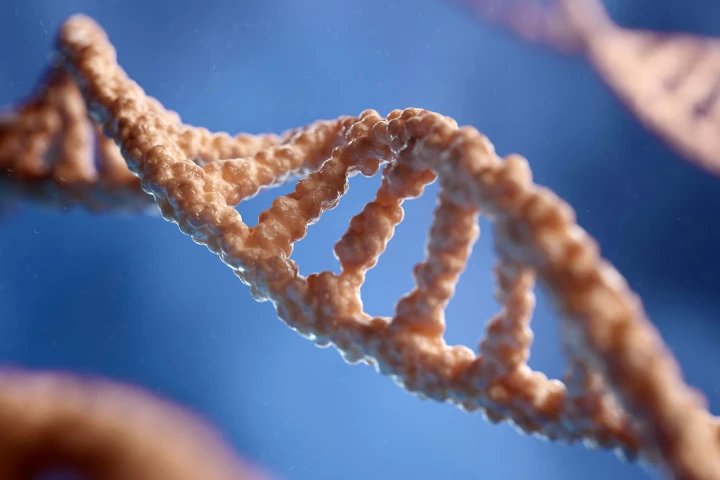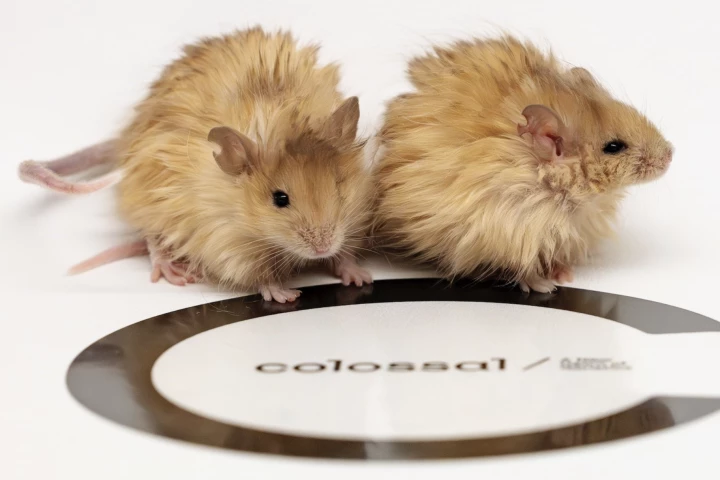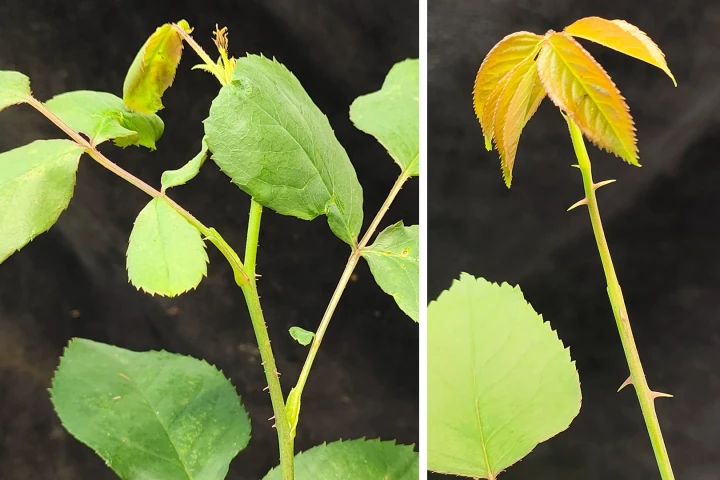CRISPR
-
A new CRISPR-based one-off therapy that lowers "bad" cholesterol is set to enter its Phase I trial. If successful, it could be the first approved genetic-editing method, replacing ongoing medication and slashing the risk of cardiovascular disease.
-
Tiny "hidden" proteins lurking in DNA once dismissed as junk may hold the key to the next generation of obesity drugs, according to a new study that has uncovered dozens of new fat-regulating molecules using cutting-edge gene-editing technology.
-
Researchers have genetically modified spiders for the first time using the CRISPR gene-editing process. Adding a single gene to unfertilized eggs resulted in the creation of a spider that could produce red, fluorescent silk.
-
Scientists have identified new gene modifications that can make tomatoes and eggplants grow bigger, which could help boost yields in developing countries.
-
The quest to resurrect the woolly mammoth has taken another step forward, with the creation of the Colossal Woolly Mouse. The lab-made rodents have been genetically altered to possess key physical traits of the extinct beasts – in fur and fat, at least.
-
A new kind of cancer gene therapy can be remotely activated at a specific part of the body. The team developed a version of CRISPR that responds to ultrasound, and demonstrated how it can be used to clear cancer in mice.
-
Everybody loves roses, but we'd probably love them even more if they didn't have those sharp thorns. Well, scientists have found a way of growing thornless roses, and their findings could lead to easier-to-harvest crops.
-
CRISPR gene-editing has improved the vision of patients with a form of blindness in a Phase 1/2 clinical trial. The results give new hope to patients with the condition, and show that CRISPR could be put to use in humans to treat a range of conditions.
-
Medically, AI is helping us with everything from identifying abnormal heart rhythms before they happen to spotting skin cancer. But do we really need it to get involved with our genome? Protein-design company Profluent believes we do.
-
By silencing the gene responsible for regulating ‘bad’ cholesterol without altering the primary DNA sequence, researchers have unlocked the potential of epigenetic editing to safely and effectively treat not just this but a wide range of diseases.
-
The FDA has approved the first cell-based gene therapies for treating sickle cell disease, one of which is the first approved therapy to utilize the CRISPR/Cas9 gene editing technology. It signals advancements in gene therapy and regenerative medicine.
-
A new study has identified, for the first time, how the mutated protein p53, present in half of all human cancers, drives tumor growth. The discovery will not only facilitate a rethink of the way cancer is treated but may lead to new therapeutics.
Load More











